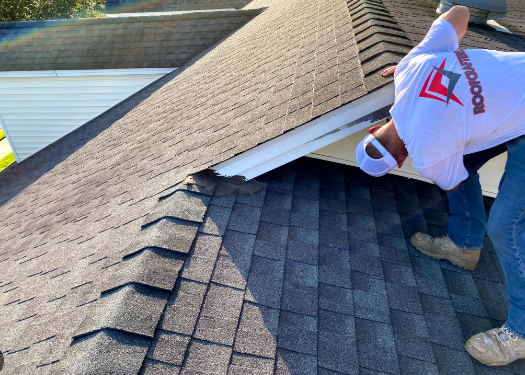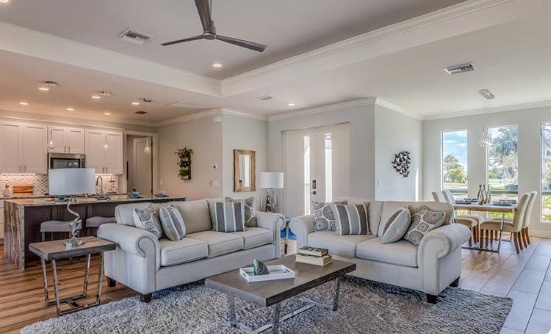Why You Shouldn’t Delay Heating and Air Conditioning Repairs
Regular heating and air conditioning maintenance helps keep your system in top shape. However, even a well-maintained system will break down eventually due to age and natural deterioration.
Ignoring minor repairs can escalate into major AC problems that require a complete system replacement sooner than expected. Here are some of the most common consequences of delaying HVAC repairs:
Increased Wear and Tear
A heating system works hard to keep your home warm, so it suffers some natural wear and tear. Unnecessary repair delays can cause this damage to worsen over time.
Moreover, the system may need to work more efficiently. This will cause your energy bills to skyrocket.
Additionally, the air conditioning unit will have difficulty keeping up with the humidity levels in your home. This will lead to increased mold growth, which is expensive to fix and can harm your family’s health.
Finally, the HVAC system could start a fire or leak carbon monoxide, which risks your family’s safety. The best way to prevent this is by scheduling regular maintenance services. The service technicians from the Set Point Heating and Cooling team can spot issues before they become major problems.
Higher Utility Bills
A malfunctioning air conditioning unit will require more energy to cool your home than it should, increasing utility bills. A faulty system can also leak carbon monoxide, an odorless and colorless gas that is fatal to inhale at high concentrations. Energy costs are rising, so keeping your utilities as low as possible makes sense. Regular maintenance and heating and cooling repairs are the best way to do this. If you ignore a minor issue, it will only worsen with time, increasing the strain on your system and driving up your energy bills.
Excessive Humidity
Ever wonder why your home feels sticky even when the air conditioner is running? This feeling often has nothing to do with the air conditioner. It’s all about humidity.
Humidity is the amount of water vapor in the air at a particular temperature. It is measured using a hygrometer, thermometer that provides a moisture reading, or smart thermostats with humidity information.
When the humidity is too high, fungus grows and causes damage to surfaces and structures. This includes weakened walls, ceilings, and floors. Fungus digests materials, which can result in the need for costly repairs. Humidity also contributes to the build-up of mold spores that trigger allergies and asthma symptoms. These problems can be controlled with the help of a dehumidifier that is installed directly into your HVAC system.
Poor Indoor Air Quality
Inhaling polluted air can trigger asthma and allergies. It can also worsen these symptoms and cause them to persist. Poor indoor air quality can affect comfort, productivity, and cognitive function.
The solution to indoor air pollution is to eliminate or control sources of pollutants, increase ventilation rates, and use low-emitting building materials, furnishings, and appliances. In homes with forced air heating systems, opening windows and operating window fans can increase the amount of fresh outdoor air that comes indoors. Local kitchen, bathroom, or laundry exhaust fans that vent outdoors can also help.
Promptly addressing emergency HVAC repairs prevents problems from escalating and reduces long-term costs. In addition, it can contribute to improved indoor air quality and create a comfortable environment.
Read More: QVC Presenters Husband Dies






